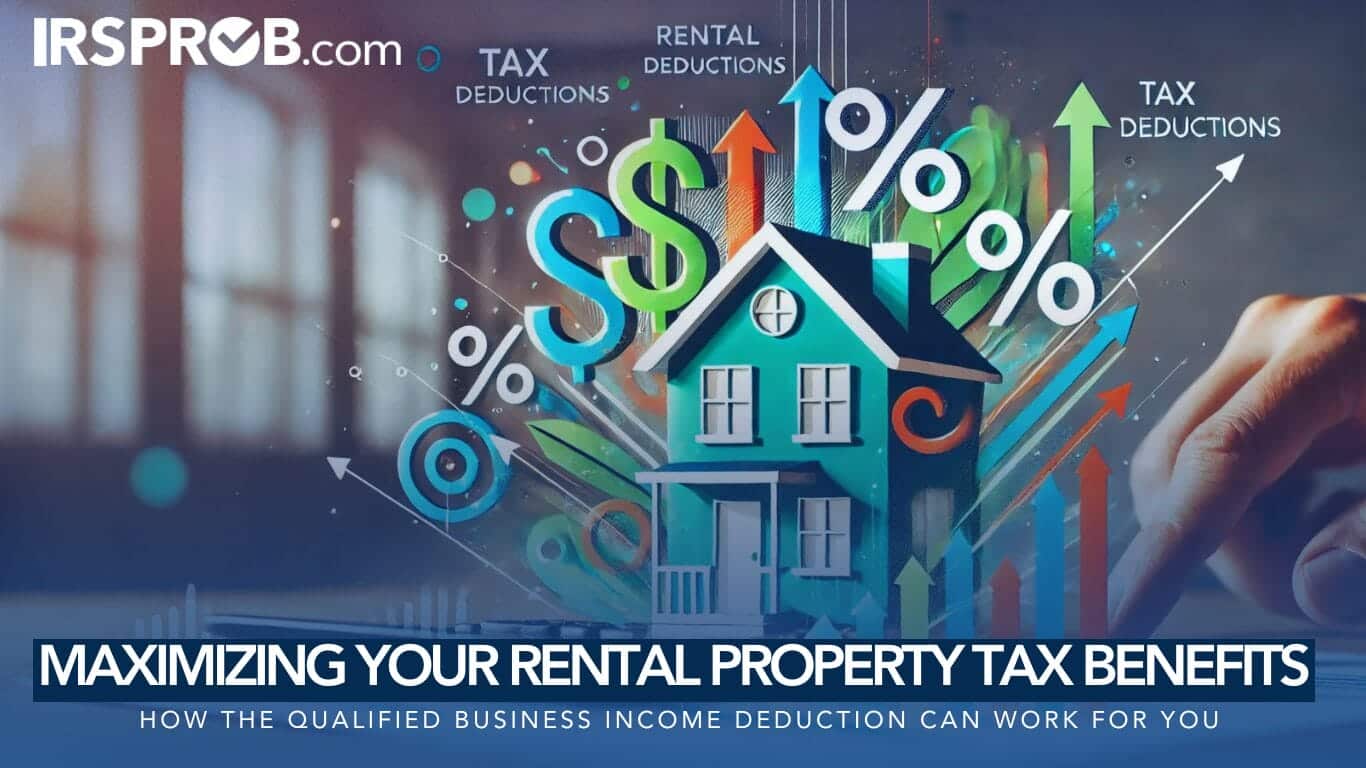
As a business owner, you’re likely always looking for ways to minimize your tax burden. If you own rental properties, one tax break you should be paying close attention to is the 20% Qualified Business Income (QBI) deduction. This deduction can provide significant savings for eligible rental property owners, and with proper planning, you can take full advantage of it before it sunsets in 2025—unless Congress extends it.
Understanding the QBI Deduction for Rental Property Owners
The QBI deduction allows self-employed individuals and owners of pass-through entities like LLCs, partnerships, and S corporations to deduct 20% of their qualified business income (QBI). Importantly, some landlords with Schedule E rental income are also eligible for this write-off. However, the deduction comes with certain income limits and restrictions.
- Income Limits: The QBI deduction is phased out for individuals with taxable incomes exceeding $383,900 for joint returns and $191,950 for other filing statuses. If your income falls below these thresholds, you may qualify for the full deduction.
- Expiration: The QBI deduction is temporary and is set to expire after 2025, so taking advantage of it now is critical.
Two Ways to Qualify
To make sure your rental property income qualifies for the QBI deduction, you need to ensure it meets one of two criteria:
- Your Rental Activity Rises to the Level of a Trade or Business: To qualify, your rental activities must meet the standards under Section 162 of the tax code, which governs the deductibility of business expenses. While there’s no precise definition of what constitutes a “trade or business,” factors that may influence this determination include:
- Best Practices: Keep accurate records of expenses, maintain separate bank accounts, insure your property, and track your time spent managing the property. This documentation will help demonstrate that your rental activity is a legitimate business.
- Meeting the IRS Safe Harbor: If your rental activities don’t automatically rise to the level of a business, you can still qualify under an IRS safe harbor. The main requirement is that you spend at least 250 hours annually on rental activities such as property management, repairs, and tenant services. Keep in mind that time spent on capital improvements or financing doesn’t count toward this total.
How to Report Your Rental Income
Even if your rental property qualifies for the QBI deduction, nothing changes in how you report your rental income. It’s still reported on Schedule E of your Form 1040, and generally, rental income isn’t subject to self-employment tax. If you qualify for the QBI deduction, you’ll claim it on Form 1040, line 13, and attach either Form 8995 or 8995-A to your return.
Additional Tax Planning Considerations
If you’re approaching the income limits or want to maximize your QBI deduction, consider these additional strategies:
- Aggregating Rental Properties: If you own multiple rental properties, you can choose to aggregate similar properties (e.g., all residential or all commercial) to meet the safe harbor rules more easily.
- Tax Planning with Other Income: Business owners with other sources of income can reduce their overall taxable income by contributing to retirement accounts or engaging in tax-loss harvesting. This can help you stay under the income thresholds for the QBI deduction.
Key Takeaways
The QBI deduction offers a valuable tax-saving opportunity for rental property owners, but it requires careful planning and documentation to ensure eligibility. With the deduction set to expire after 2025, now is the time to take action and maximize your savings.
- Qualify by treating your rental activity as a trade or business or meeting the 250-hour safe harbor rule.
- Ensure you’re keeping detailed records to support your claim.
- Consider aggregating properties and other tax planning strategies to stay under the income limits.
Business owners with rental properties should consult with a tax advisor to ensure they are fully leveraging the QBI deduction while it’s still available. Make sure you’re fully prepared for tax season and maximizing every opportunity for savings!







